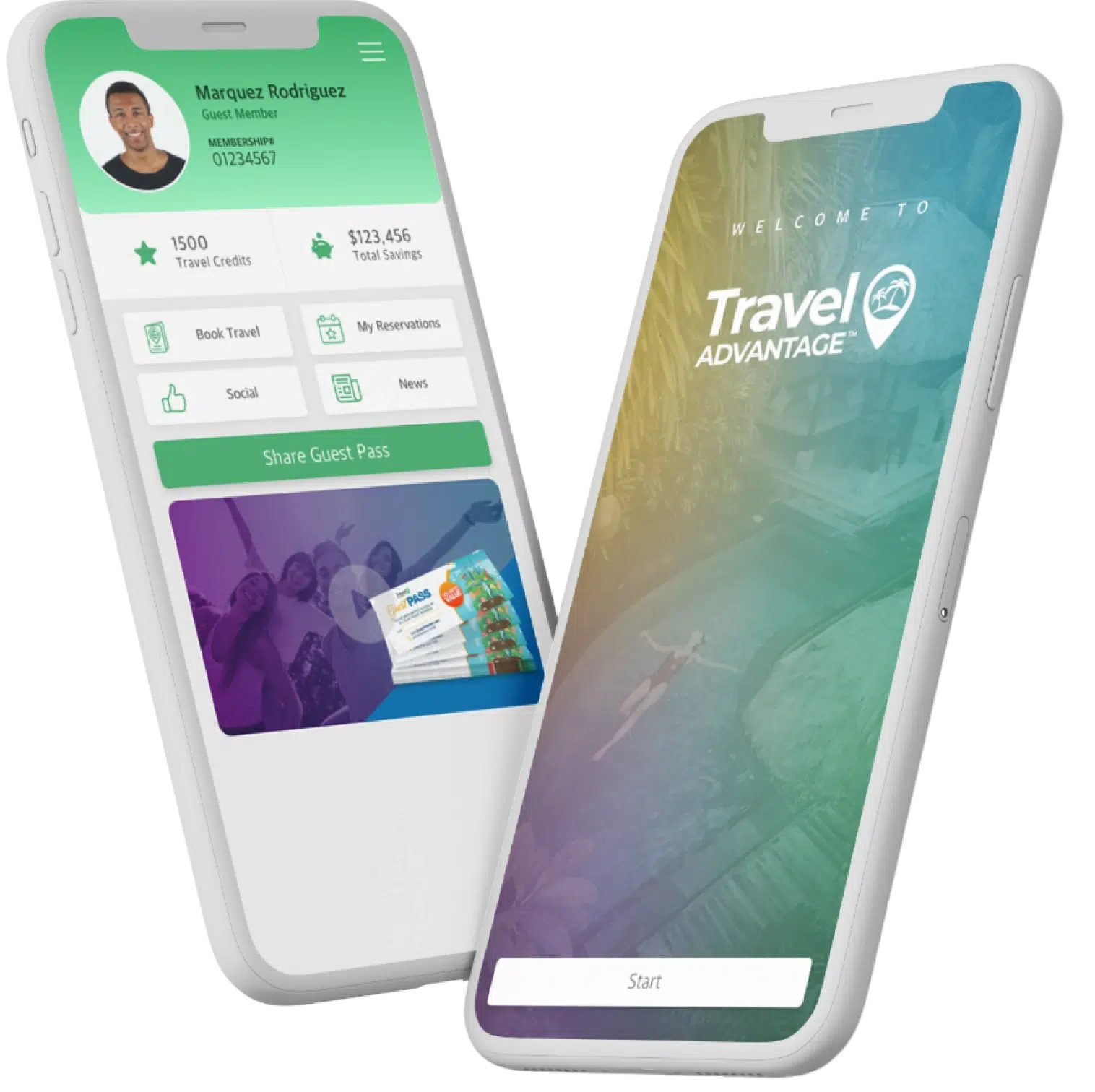While many of us are still focused on the travel trends that will shape the coming 11 months (think coolcations and natural phenomenon trips) Kayak has its sights set on 2030.
Yes, you read that right. Kayak already has the pulse on what sorts of traveling we will be doing five years from now.
The booking platform partnered with The Future Laboratory to develop these insights (predictions), which it has just released in a new report titled “What the Future.”
And if you’re now wondering what the future looks like, you wouldn’t be alone.
According to Kayak and The Future Laboratory, 2030 will be dominated by such travel styles as city jumping, feedbooking, disloyalty programs, and more.
Intrigued? So were we. Here’s a closer look.
While 2025 is likely to be dominated by many slowcations, which see travelers slow down and spend more time in one destination to cut down on carbon emissions and travel more mindfully, that may no longer be the case in 2030.
According to the Kayak study “tomorrow’s globetrotters won’t commit to a single destination — they’ll be planning stop after stop after stop. Because it’s cheaper and a chance for themed adventures.»
The report adds that airlines and tourism boards are already hopping on this trend. “Take the latest routes crisscrossing the Caribbean or Thailand’s visa reforms easing travel around Southeast Asia,” the report explains. “By 2030, efforts like these will spike intraregional trips, potentially doubling them from 6.8 to 11.6 nights according to McKinsey.»
The report also includes Kayak’s predicted top 10 multi-city routes:
Woman doing yoga on the beach at sunset. (Photo Credit: Adobe Stock/De Visu)
How does the mantra live long and
travel’ sound to you? Because come 2030 this will be even more of a
focus among globetrotters, according to Kayak.
“Turns out the
fountain of youth isn’t a fountain at all: it’s a flight,” says the
report, alluding to research released in 2024 that showed travel may
have anti-aging effects. Researchers from Edith Cowan University have found that it could boost immunity and resilience.
And
it seems that come 2030, world rankings won’t be the only judge of
trip-worthiness. Wellness scores will be just as (if not more)
important, with travelers bucketlisting places based on their longevity
benefits. (Anti-aging skincare won’t count. Sorry, France.)
Social media’s influence on travel decisions, it seems, is here to stay.
About
62% of Gen Z currently gets their #travelinspo from social media feeds.
And while today’s social shopping experience is geared toward low cost
items, it’s only a matter of time before our apps become travel
storefronts, says Dr. Matthias Keller, Kayak CPO.
Social media is
shaping up to be a modern-day ticket counter. Before you know it, a
single tap on you social feed will make the difference between
binge-watching vloggers to snagging rooms at your favorite hotel.
In
such a world, according to the Kayak report: “it would only make sense
for influencers, brands and interfaces to shift from broadcasting trips
to selling them. Before long likes will grow to be more than likes —
they’ll shape our shopping lists, bringing our dream vacays one step
closer to being booked. So you might want to practice making big
purchases on your small screen, like now.”
Travel technology (Photo Credit: Tierney/Adobe Stock)
Calling
all techie tourists. This one’s for you: Holographic concierges, 4D
room tours and fully simulated trips inside a cloned Earth are just some
of the reality-bending experiences that will be available in 2030, says
Kayak.
And you won’t have to invest in any new gadgets or gizmos to cross dimensions.
“Our
phones and VR sets have inched us towards virtual voyaging all along,”
says the report. “It’s no wonder that 35% of travelers expect AR tours
to become standard at hotels. The days of leaving one-star reviews after
staying at dumps will soon be gone: you’ll be able to see and feel any
ocean view right through your device.”
So what are some of the innovations tech-driven travelers can expect in five years? Kayak predicts the following:
Here’s a hopeful development: Kayak predicts tourism will be very mindful and very demure five years from now.
“If
travel was a popularity contest, only 10% of the planet’s cities would
be wearing the crown,” explains the report. “But they’ll have to get
used to sharing the attention: travelers’ tastes for the unexplored are
about to soar. Get ready for a wave of tourism that’ll actually be good
for the world.”
Ethical exploring is already on the rise, as numerous
reports have made clear in recent years. But the new Kayak research
shows that 35% of jetsetters are willing to adventure more mindfully.
Airlines,
it seems, may be willing to help provide some support for this trend by
providing free domestic flights to lesser-known cities, says Kayak.
Tripping
out will have a whole new meaning in 2030. From silent retreats to
genealogical investigations, spiritual sidequests are about to have
their moment, says Kayak.
“Travel and self-discovery have always gone
hand in hand,” the report explains. “Today’s globetrotters often start
new life chapters with a trip — sometimes with psychedelic help. From
Mexico to the Netherlands, accommodations are embracing atypical
offerings like ice baths, breathwork and even magic truffles.”
This mantra for this 2030 trend seems to be money over miles.
“Think
your love for your fave airline will stand the test of time? Think
again. In the future, the only thing travelers will settle for is the
best deal, even if that means jumping brands,” says the Kayak report.
The
majority of travelers say price is the biggest factor in their plans,
according to Kayak. Some jetsetters are even willing to be bumped from
flights in exchange for vouchers. And who knows how much more
spontaneous travelers will become.


